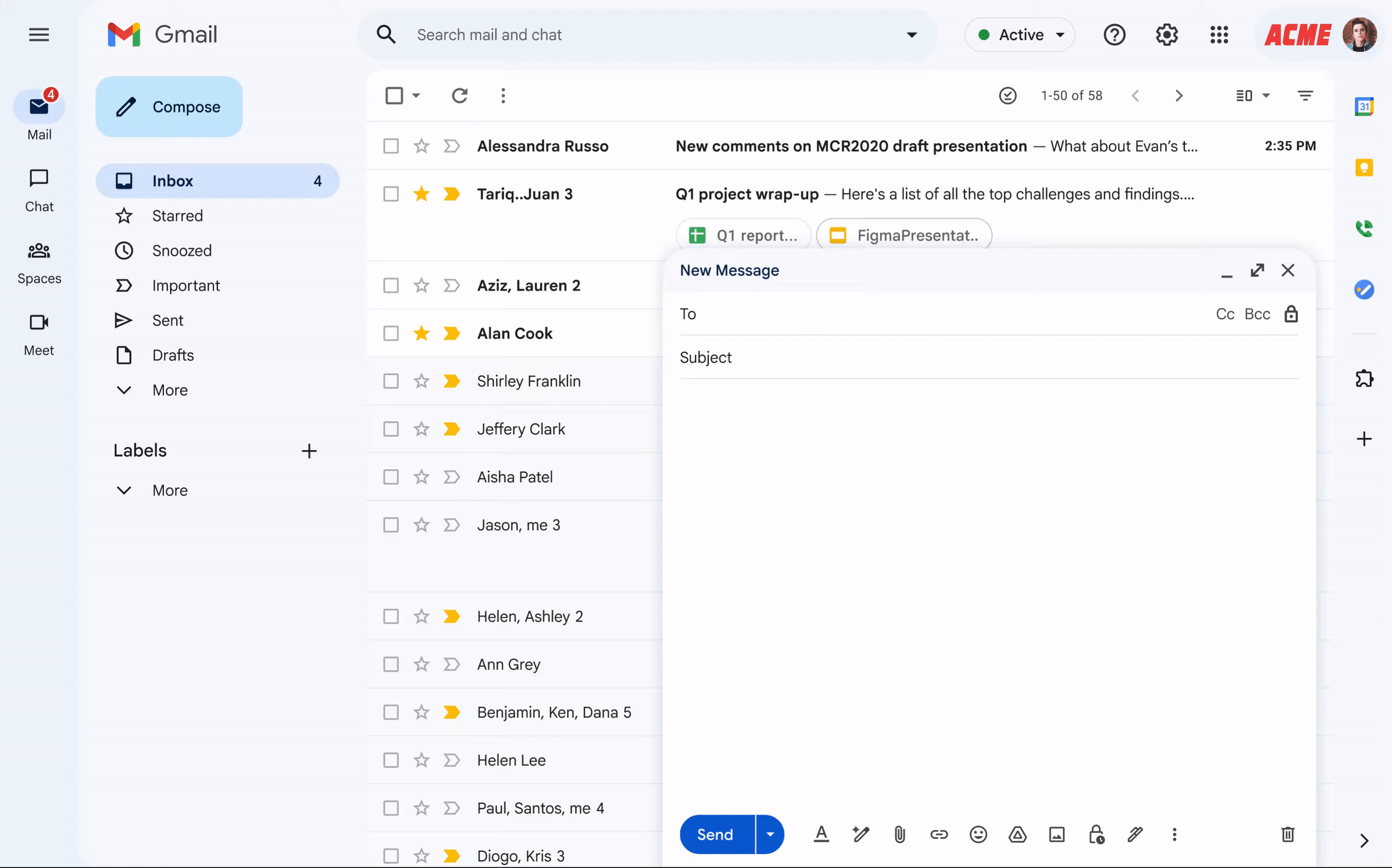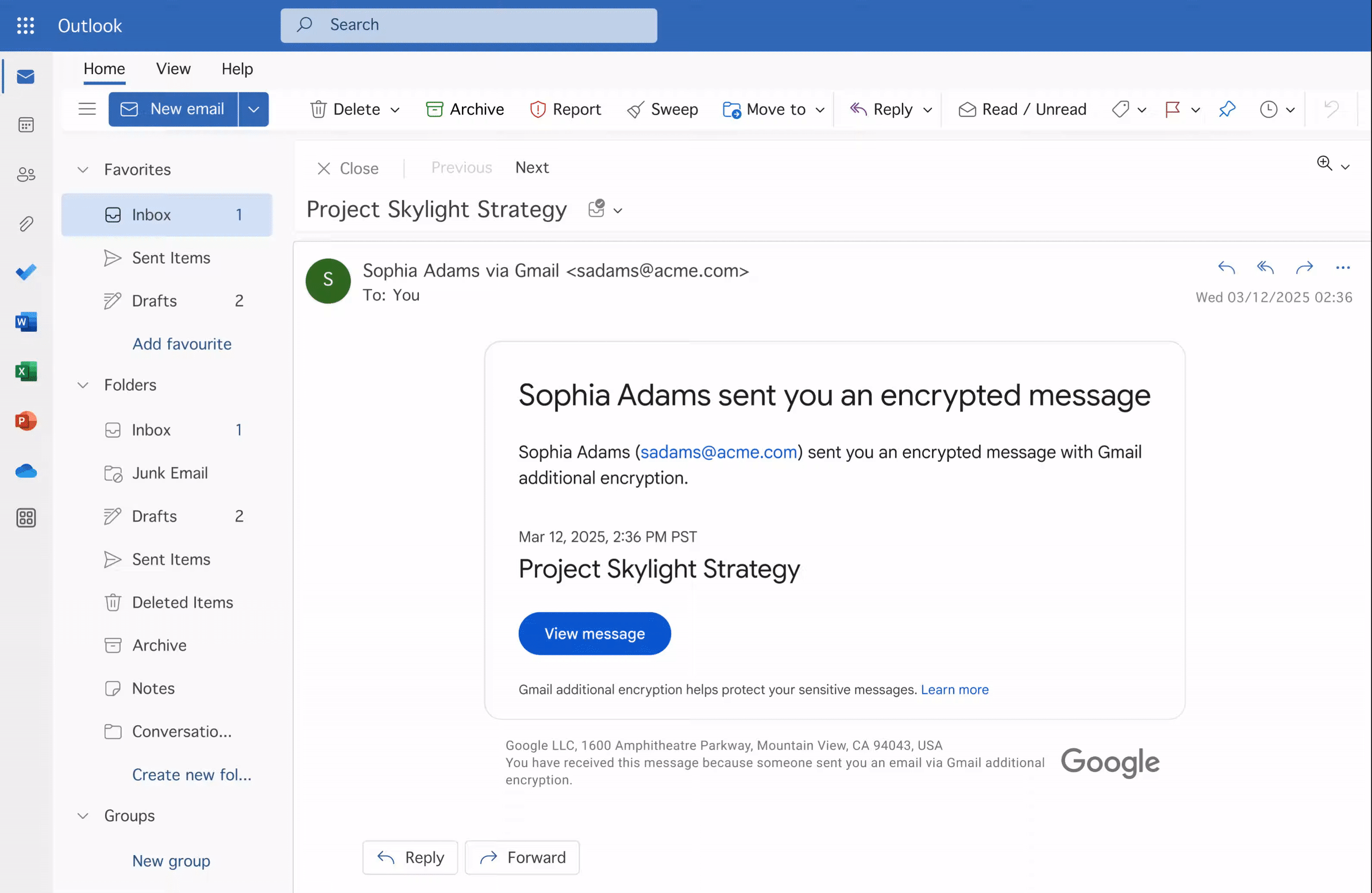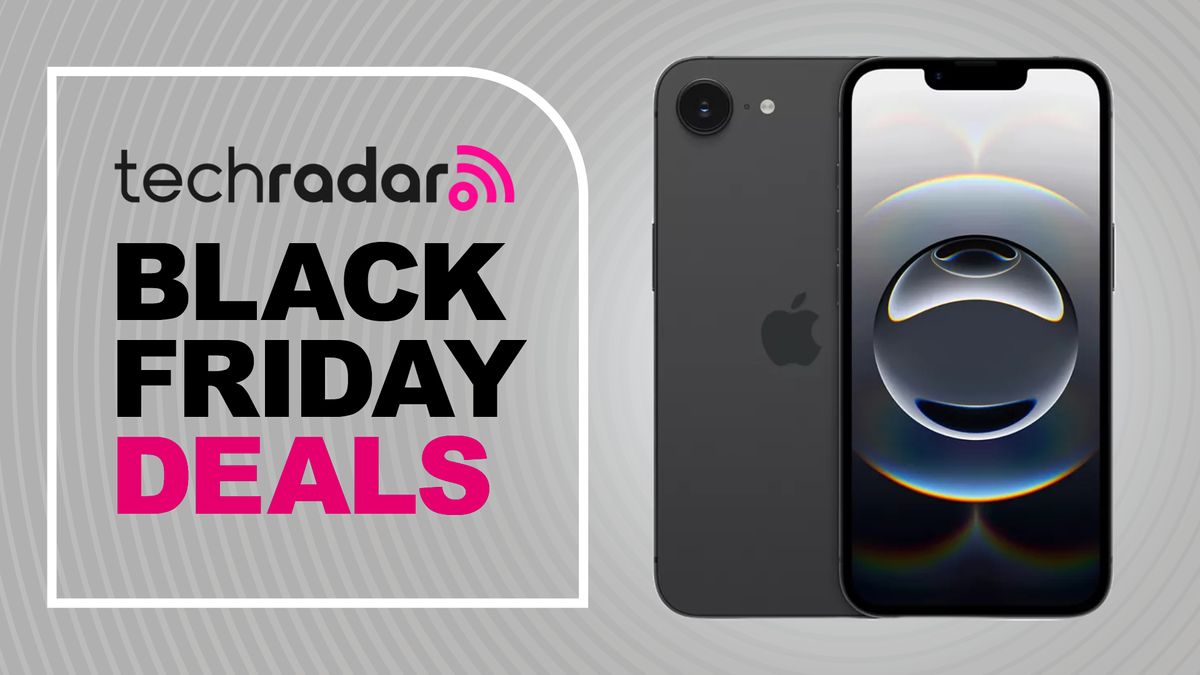Serving tech enthusiasts for over 25 years.
TechSpot means tech analysis and advice you can trust.
What just happened? Google is celebrating Gmail's 21st birthday by introducing new encryption features for enterprise users. The company's latest security system aims to simplify encryption options for businesses of all sizes while providing IT departments with the tools to maintain information integrity. Other updates from this week improved Google Chrome's encryption and allowed Google Fi subscribers to send encrypted RCS messages to iPhones.
Starting today, IT departments participating in Google's beta can use Gmail to send end-to-end encrypted emails to recipients within the same organization. The functionality will expand to all Gmail inboxes in the coming weeks and to non-Gmail inboxes by the end of the year.
The new functionality, which is activated in just a few clicks, aims to provide small organizations with email security that typically requires dedicated IT departments. It also circumvents the need for proprietary software and exchanging decryption keys.

The animation above from Google's Workspace blog demonstrates the process. To send an encrypted email, simply draft a new message, click the lock icon on the right side of the recipient field, and select "Turn on" under "Additional encryption."
Emails are encrypted locally on the sender's device and decrypted in the recipient's inbox. The user experience closely resembles using Gmail normally, and Google's servers can't access the encryption keys. Meanwhile, non-Gmail inboxes that receive Gmail-encrypted messages receive an invitation to view a restricted version of Gmail. The new system also supports S/MIME.
IT departments can also tighten security by forcing all recipients, even Gmail inboxes outside an organization, to view messages in Gmail's restricted mode, which presents the content like a Google Drive document. Security managers can set messages to encrypt by default and set rules for automating clearance levels to add extra layers of security without significantly inconveniencing users.

Google also introduced new encryption rules for Chrome this week, which should close certain HTTPS protocol loopholes. The tightened standards might significantly improve overall internet security, since Chrome is easily the most popular browser engine.
In other Google-related encryption news, Apple's recently released iOS 18.4 update allows iPhones to receive RCS text messages from Google Fi subscribers. Before Apple introduced iOS 18 last year, messages sent between iPhones and Android devices lacked end-to-end encryption and other advanced features. The update that introduced cross-platform RCS initially supported only AT&T, T-Mobile, and Verizon users, but this week's patch extends support to Google Fi.









 English (US) ·
English (US) ·